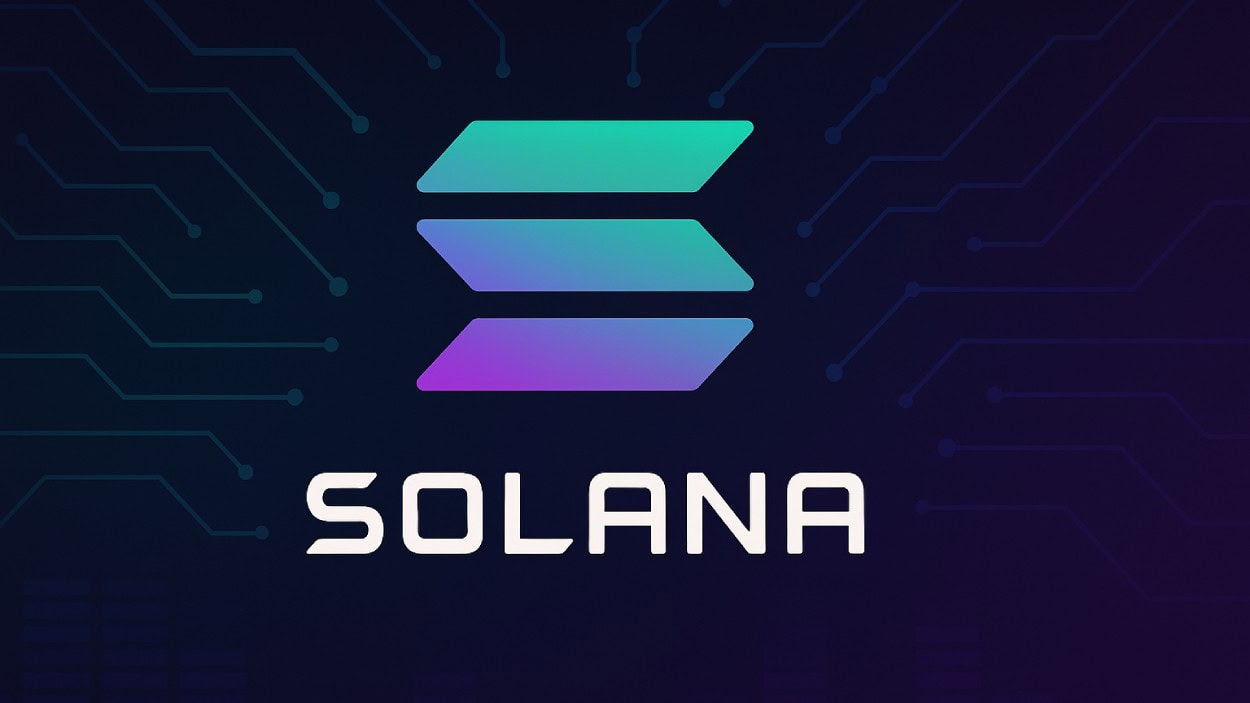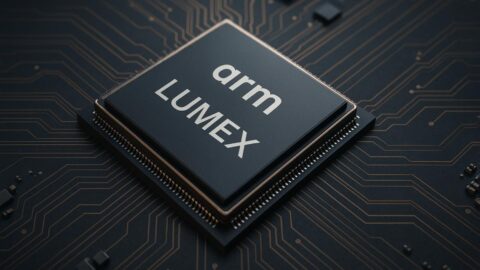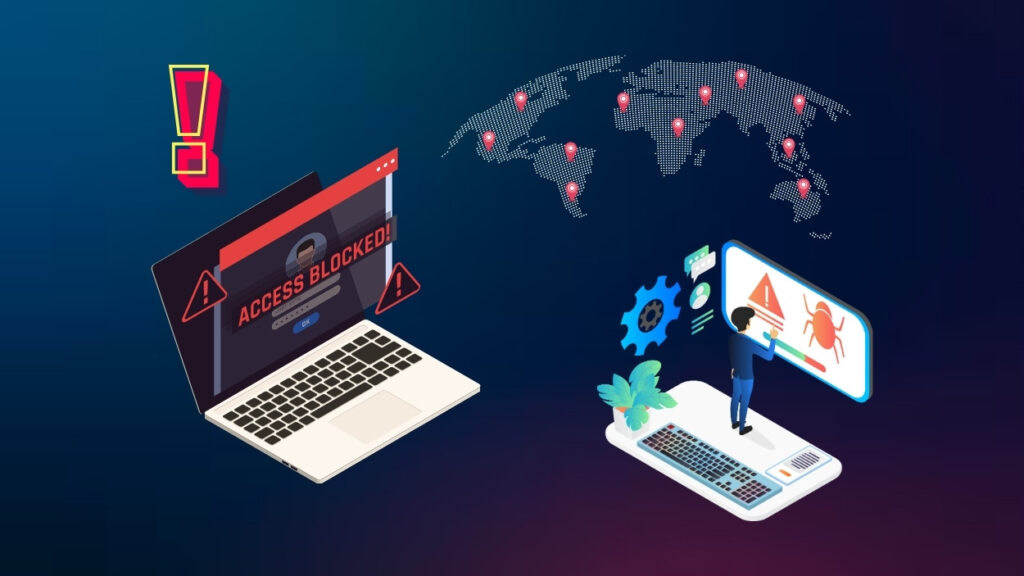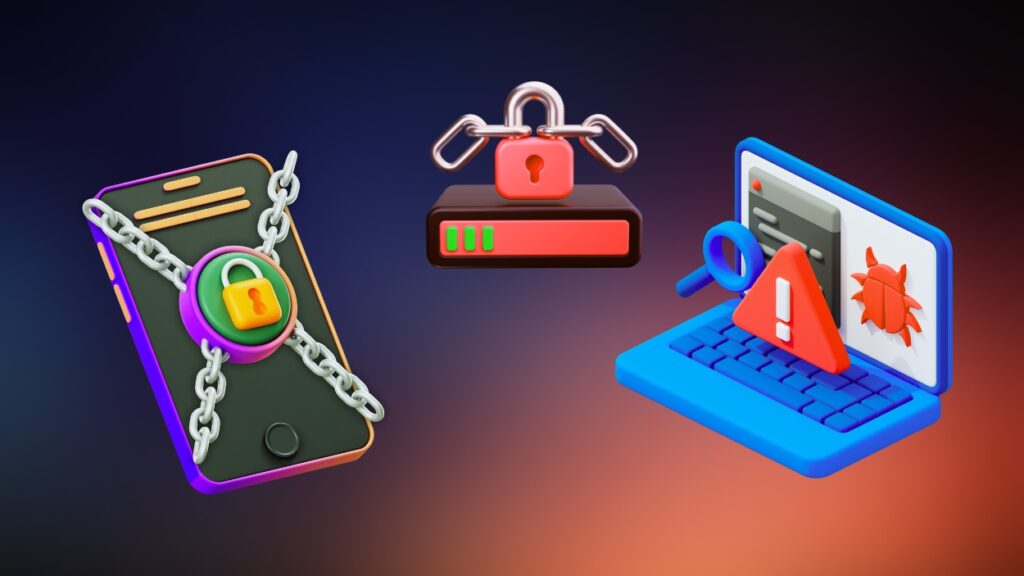Solana could soon see a massive performance upgrade as Jump Crypto proposes removing the blockchain’s current compute unit block cap, shifting network dynamics toward performance-based validator rewards.
Quick Summary – TLDR:
- Jump Crypto proposes removing Solana’s 60 million compute unit block limit post-Alpenglow upgrade
- Faster validators could handle larger blocks and earn more fees, while slower ones skip them
- The change could boost network throughput but raises concerns over centralization
- Alpenglow upgrade will reduce finality time from 12.8 seconds to just 150 milliseconds
What Happened?
Jump Crypto, a key developer behind the Firedancer validator client for Solana, has proposed a bold change to the blockchain’s core performance rules. The SIMD-0370 proposal calls for eliminating Solana’s fixed compute block cap and letting block size scale based on the speed of each validator’s hardware. The proposal would come into play after the upcoming Alpenglow upgrade, which has already passed with near-unanimous support.
1/ SIMD-0370, by Jump’s Firedancer team, proposes removing Solana’s fixed compute unit block limit after Alpenglow. This would eliminate static caps on block limits and have validators skip blocks they can’t process in time. Here’s what changes 🧵 pic.twitter.com/xge1IViKnH
— Anza (@anza_xyz) September 27, 2025
Solana Could Get Faster, But at What Cost?
Solana currently limits each block to 60 million compute units, capping how many transactions validators can include. Under the new proposal, this cap would be removed entirely. High-performance validators would be able to include more transactions in each block, while those with slower hardware would simply skip the heavier blocks and continue validating simpler ones.
The core idea is to tie block capacity to validator hardware performance instead of a fixed protocol ceiling. As Anza, the Solana research firm behind Alpenglow, puts it, this would create a “performance flywheel” where validators are incentivized to upgrade in order to process more transactions and collect higher fees.
The Firedancer development team at Jump Crypto explains their motivation clearly in the proposal:
Highlights of the Proposal:
- Block sizes will scale based on validator hardware capabilities.
- Slower validators can skip oversized blocks without penalty.
- Faster validators earn more through transaction fees.
- Encourages hardware upgrades among validators.
- Builds on Alpenglow’s new skip-vote mechanism.
Alpenglow Sets the Stage
The foundation for this change is the Alpenglow upgrade, which aims to cut transaction finality times from 12.8 seconds to just 150 milliseconds. Slated for testnet deployment in December, Alpenglow includes a skip-vote mechanism allowing validators to skip blocks they can’t handle without facing penalties.
Anza, which was spun out of Solana Labs, called Alpenglow “the biggest change to Solana’s core protocol” and a shift that could make the blockchain competitive with traditional internet infrastructure.
Centralization Risks Loom Large
Not everyone is on board. Engineers like Akhilesh Singhania have warned on GitHub that the change could push out smaller validators. “If the bigger validators keep upgrading to more expensive hardware, the smaller ones who cannot afford to upgrade would be forced to drop out,” Singhania wrote. “We might end up with fewer big validators.”
Others have raised the risk of network instability if too many validators skip large blocks, potentially causing propagation delays or weakening overall security.
Despite these concerns, supporters argue that any performance-based model will naturally favor better-equipped nodes, and Solana must evolve to stay scalable and reliable under heavy usage.
A Long-Term Vision for Solana
This proposal builds on Firedancer’s debut on the mainnet in limited capacity in September 2024, part of broader efforts to improve Solana’s validator diversity and resilience. Jump Crypto’s recent involvement in a $1.65 billion PIPE deal also underscores its deepening commitment to Solana’s growth.
Solana, known for its high-speed, low-cost transactions, has increasingly positioned itself as a retail-friendly blockchain, even briefly surpassing Ethereum in decentralized exchange (DEX) trading volume multiple times in 2024. Yet, the network’s past outages due to traffic spikes have highlighted the need for smarter scaling solutions.
SQ Magazine Takeaway
Honestly, I think this is the kind of big move Solana needs to stay in the game. Cutting the block cap could make the network blazing fast, especially with Alpenglow in place. But let’s be real. Giving an edge to validators with deep pockets could shrink the network’s decentralization. It’s a classic speed-versus-fairness debate. I’m all for performance, but I’ll be watching closely to see how Solana handles the risks. Hopefully, they find the sweet spot without losing what makes crypto decentralized in the first place.





























